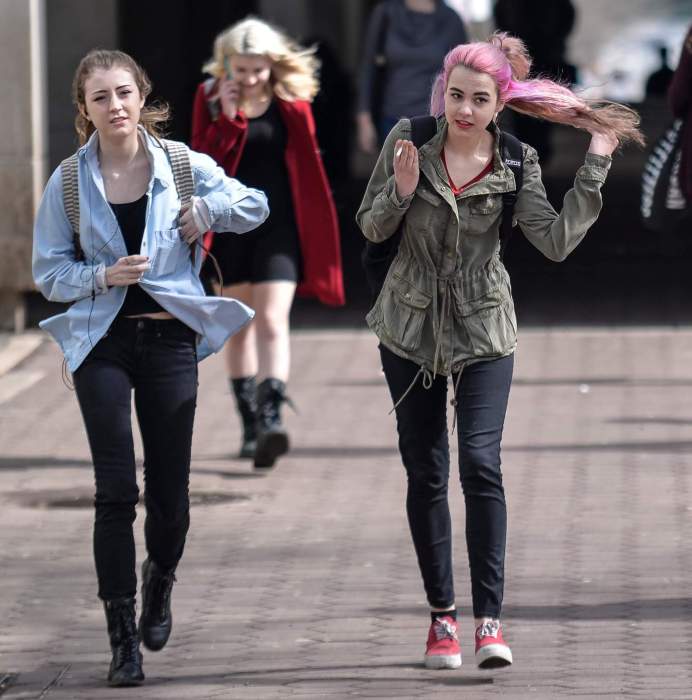By Nidhi Prakash and Nate Homan
It’s spring time in Boston, and all throughout the Public Garden, the Arnold Arboretum, and the Common, you can hear an array of birds singing paired with puffy pedestrians sneezing and groaning as they rub their inflamed eyes. Medical experts say allergies are getting worse over time, partly because of seasonal changes tied to climate change, increased air pollution, rises in carbon dioxide that encourage some plants to produce more – and stronger – pollen and lowered immune system responses thanks to people using more antibiotics. “This allergy season isn’t necessarily worse than last year in terms of pollen count or anything like that, but it all happened at once,” said Pam Cormier, Nurse Director at Brookside Community Health Center, the Jamaica Plain’s Brigham and Women’s branch. “Everything bloomed all at once and that’s what is hitting people so hard.” This year we’re in the midst of an especially difficult round. Turns out the outrageously cold beginning to 2015 plays a big role in the in a double header of allergens. You remember those blizzards, right? You thought we were done with the effects? Wrong. The late arrival of Spring means we’re dealing with the lethal combination of tree pollens and grass and plant pollens being released at the same time – usually the different kinds of pollen would be unlikely to hit us all at the same time. Cormier said that Brookside and other health centers are seeing a high number of patients suffering from allergy symptoms at a higher number than normal, but not at a concerning rate.
“Patients are getting slammed by birch, maple and pine pollen, but that’s what happens this time of year,” Cormier said.
Roughly 50 million Americans have nasal allergies, according to the American College of Allergy, Asthma & Immunity.
Experts at the Mayo Clinic say the best way to deal with allergies are:
· Reduce your exposure to triggers like pollen by avoiding outside chores, and wearing a mask if you can’t avoid them
· Close doors and windows at night or at other times when pollen counts are high
· Change clothes when you go home if you’re outside during the day
· Keep inside air as clean and dry as possible, using a dehumidifier and HEPA filter
· Avoid outdoor activity especially in the early morning when pollen counts are higher
· Start taking allergy medication early when you know the pollen count is high
“Realistically, people should have already started an antihistamine regimen, but they should still get the over the counter meds now if they haven’t already,” Cormier said. “In terms of quick relief, people suffering from symptoms should keep a cold compress to their eyes, shower and change after they’re outside for an extended period of time and try to keep their windows closed, which is hard when it’s so nice out.” She said that we are in the midst of heavy pollen season, but it will taper off come June. People can expect a few months of relief until fall comes back around and ragweed and hay kick off their attack on us. The Boston forecast from Pollen.com predicts a wicked high pollen count this week – hitting above 10 on Wednesday.
Brutal allergy season hits Boston

Nic Czarnecki/Metro Boston

















